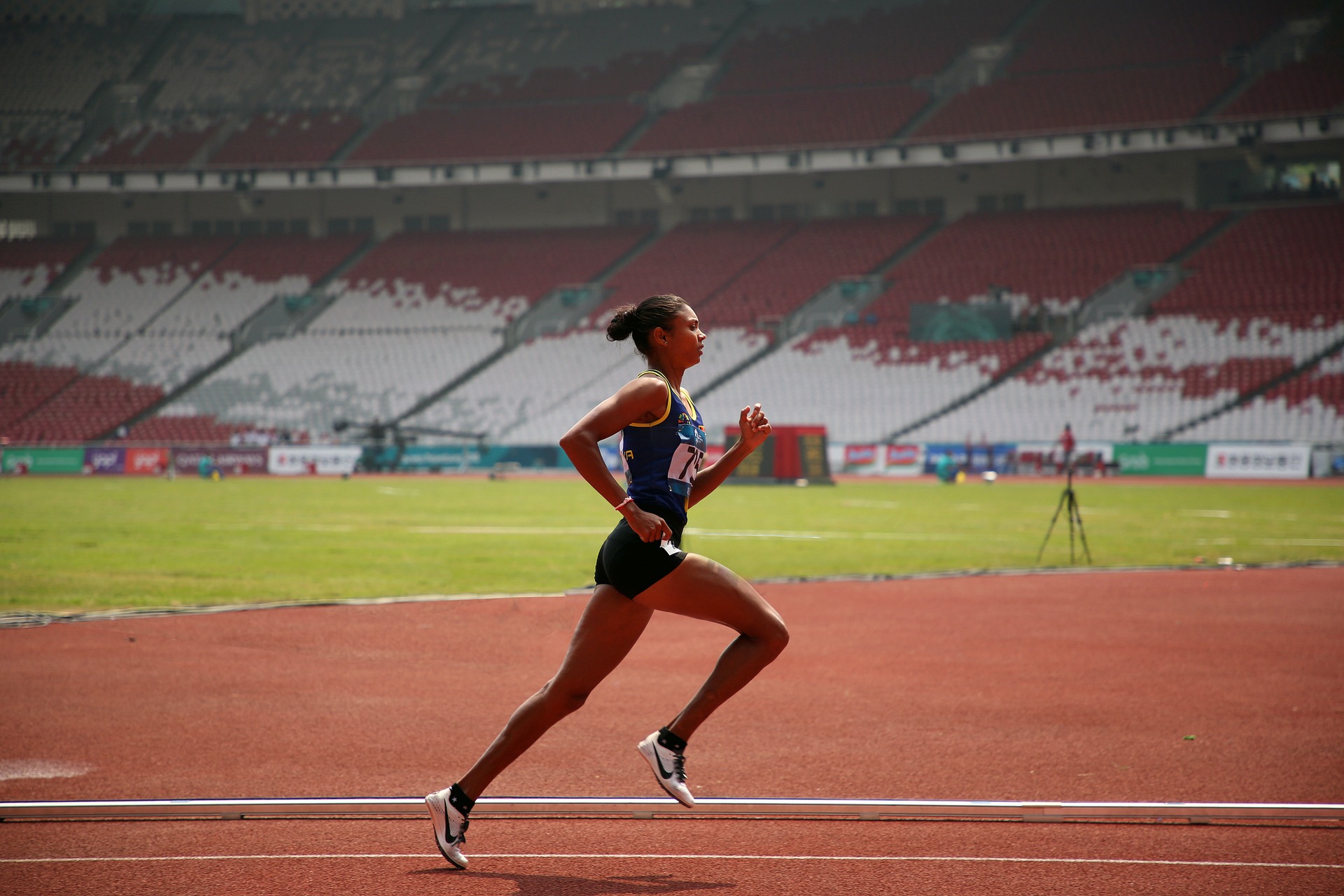Breaking Barriers: The Pioneering Role of Sports in Social Inclusion
Sport has always been more than just a game. It's a universal language that transcends borders, cultures, and social classes. It's a powerful tool for social inclusion, capable of uniting people and breaking down barriers in ways few other activities can. In this article, we delve into the transformative role of sports in fostering social inclusion, from promoting equality and diversity to combating discrimination and social exclusion.

From the Playing Field to the Social Battlefield: Tracing the Historical Role of Sports
Sports have long been a platform for social change, a mirror reflecting society’s progress towards equality and inclusivity. The 1968 Olympics Black Power salute by Tommie Smith and John Carlos is an iconic example of athletes using their platform to fight against racial injustice. Similarly, the Paralympic Games have challenged societal perceptions of disability, showcasing the incredible abilities of athletes with disabilities and promoting the inclusion of all individuals, irrespective of physical limitations.
The Modern Pitch: Sports in Today’s Social Inclusion Efforts
In today’s world, the power of sports in promoting social inclusion is more significant than ever. Professional athletes and sports organizations are leveraging their influence to advocate for social justice issues. The NFL’s support for the Black Lives Matter movement and the NBA’s initiatives for gender equality are testament to this. Sports programs designed for refugees, minority groups, and disadvantaged communities are also on the rise, aiming to foster social cohesion and empower individuals through sport.
The Winning Formula: Benefits and Challenges of Sports for Social Inclusion
Sports can be a great equalizer, instilling values such as teamwork, respect, and fair-play, essential for social inclusion. It provides opportunities for marginalized individuals to participate and succeed, improving self-esteem and social skills. However, it’s not without its challenges. Issues like discrimination, lack of accessibility, and inadequate funding can hinder the potential of sports for social inclusion. Therefore, it’s crucial to address these challenges to ensure sports can truly be a vehicle for social change.
The Future Game Plan: Real-World Applications and Possibilities
The potential of sports for social inclusion is immense. By integrating sports programs into educational institutions and community initiatives, we can foster an inclusive environment from a young age. Governments, NGOs, and sports organizations must work together to increase accessibility to sports, ensuring everyone, regardless of their background, can participate and benefit from sports.
In conclusion, sports can be a powerful driving force for social inclusion. It encourages diversity, equality, and mutual respect, breaking down barriers and uniting people from all walks of life. Through sports, we can create an inclusive and fair society, where everyone is given a chance to shine, both on and off the field.




